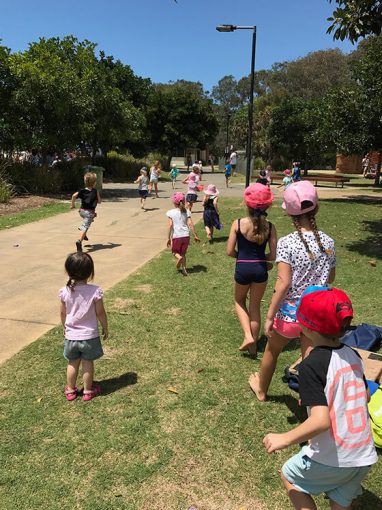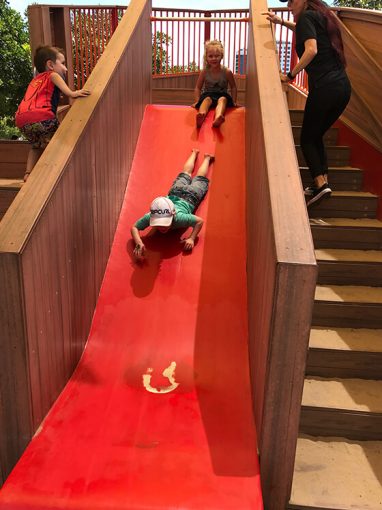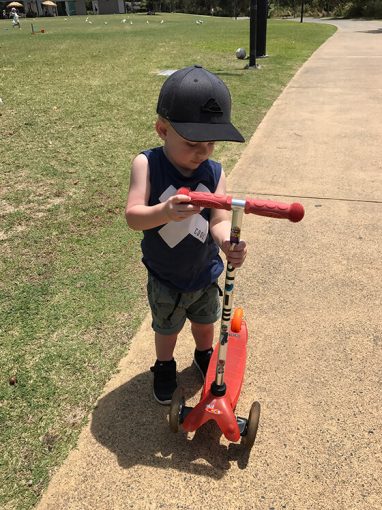The importance of active learning in Early Education
The concept of active learning was developed with the view to involve and engage students more directly in the learning process. It was established by scholars following doubts concerning rigidly structured learning programmes that may not take into account individual needs and rates of development. Under the active learning way of educating, students, whether young or old, learn via a two stage process, in which they are able to learn through both meaningful activity and post activity reflection. Children and adults alike are able to learn first-hand through their direct experiences and thus obtain practical knowledge of the outside world and how they relate to it.
Let us consider the role of active learning in the context of early childhood education…
It has been proven that there are numerous benefits to active learning, including improved emotional, physical, social and psychological well-being later in life.
Underlying the principle of active learning is a strong sense of value for the child’s potential development through interaction with others. Learning is encouraged through natural interaction with peers, parents and teachers in different scenarios and contexts. By learning to interact with others and react to different environments, the child is able to develop their instinct and ability to make sound judgements about the appropriateness or inappropriateness of different behaviours in different situations.
Effective communication is considered the key to success and the seeds of social responsibility are planted in the individual from an early age, which no doubt stands them in excellent stead for the future.
One of the primary roles of the teacher within this framework is to establish a supportive and psychologically safe environment, in which children can express their thoughts and feelings freely. They work with the children, assisting them and guiding them in everyday classroom situations, and helping them solve problems.
This is different to the traditional punishment / reward approach.
Instead of acting out of fear of potential punishment or motivated by the prospect of an external reward, the child is taught to instinctively align their motivation with the satisfaction achieved through the resolution of the problem or completion of the task itself. The ‘plan-do-review’ process adopted by active learning constantly offers the child the opportunity to make choices and decisions, which they must then evaluate and reflect upon, again instilling that sense of initiative and awareness of the consequences their actions and choices.
Teachers review and assess Key Developmental Indicators (KDIs) on a daily basis.
By continually reviewing, noting and assessing KDIs, teachers can plan and modify their plans in accordance with each child’s needs and rate of development. By noting progressive behavioural patterns and sharing these with parents on a daily basis, both parents, children and teachers can celebrate and actively track a child’s learning curve, and in the process of this, they also compile an anecdotal record of everything that the child has experienced and learnt throughout the year. This is a fabulous resource for the family of the child and something that can be kept forever!
Active learning values and ultimately depends on teamwork, communication and good relations between all parties; parents, children and teachers. This is why it has been such a successful approach to early education.
Children are allowed to be unique and their strengths are allowed to flourish. They have the opportunity to enjoy the freedom and pleasure of learning through exploration, creation and healthy interaction with both adults and other children, guided in a safe, supportive environment and in conjunction with, but not confined, to a given curriculum. We at Kindybook wish to facilitate and encourage this form of learning by providing an easy and cost effective means for parents, teachers and children to collectively celebrate, share and build upon their children’s daily accomplishments and successes!





